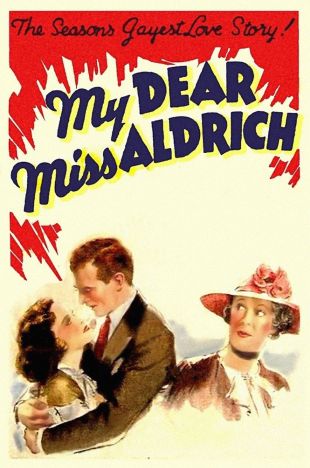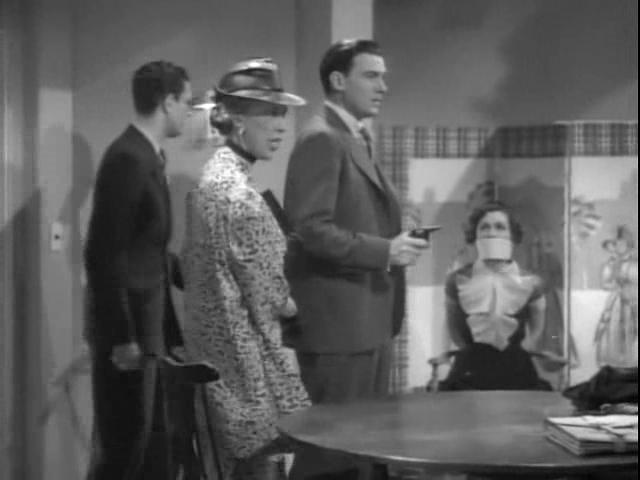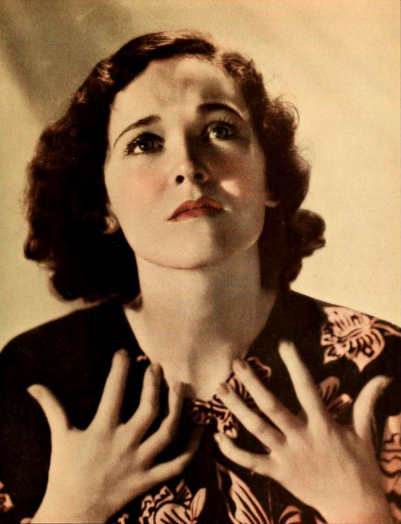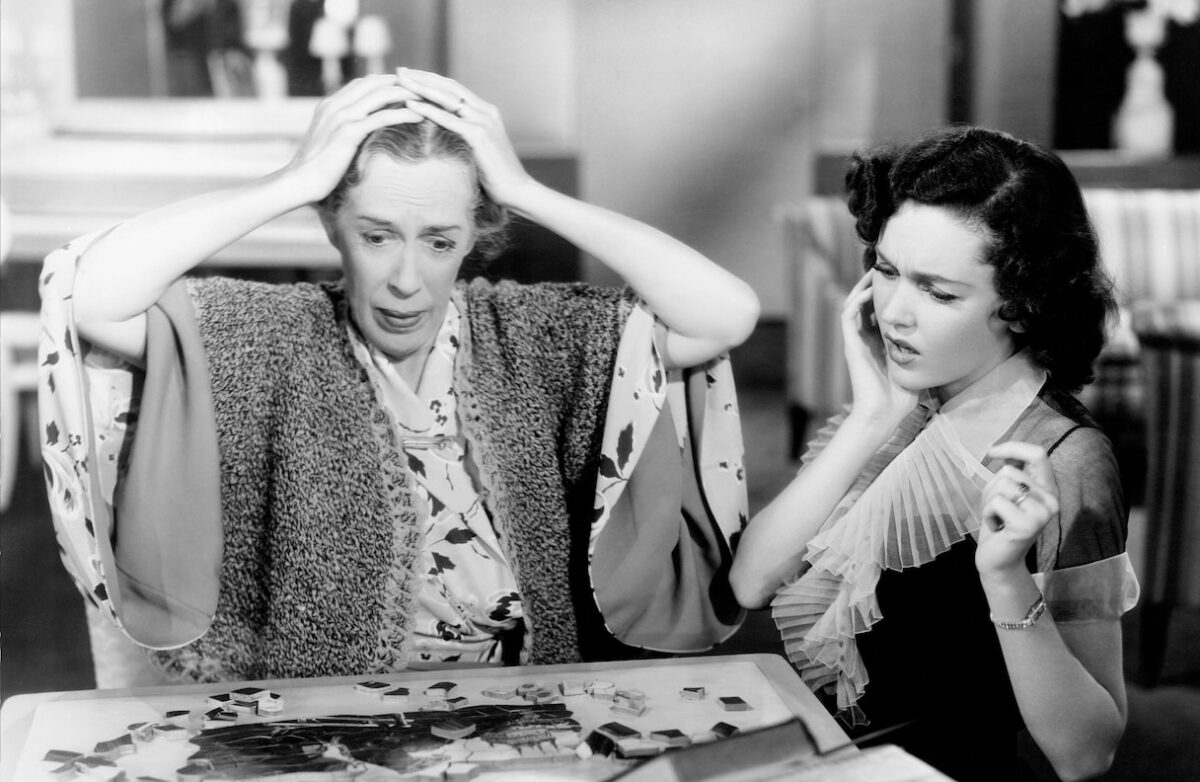Journalism commands Hollywood’s undying interest and respect. Since the advent of the talkies in the late 1920s, the ink-stained wretches of the fourth estate have been featured in a procession of middling to tremendous movies ranging from The Front Page (1931) and His Girl Friday (1941) to All The President’s Men (1976) and The Paper (1994).
And lest I forget, what is arguably the greatest American movie of all time, Citizen Kane (1941), delved indirectly into the hectic and never less than fascinating world of newspaper publishing.
On a recent afternoon, the Turner Classic Movies channel broadcast My Dear Miss Aldrich, a 1937 comedy largely set in a New York City daily starring the alluring Maureen O’Sullivan, the debonair Walter Pidgeon and the cantankerous Edna May Oliver.
Released during the Depression by Metro-Goldwyn-Mayer, a major studio, this low-budget, light-hearted one hour-and-thirteeen minute confection was written by the inestimable Herman Mankewicz and helmed by one of Hollywood’s most prolific directors, George Seitz, who churned out eleven episodes of the popular Andy Hardy series.

When the owner and publisher of The New York Globe Leader dies without leaving a will, his nearest relative, Martha Aldrich (O’Sullivan), inherits the city’s biggest newspaper. Its suave managing editor, Kenneth Morley (Pidgeon), dismisses Martha, a resident of small-town Nebraska, as “an old maid teacher.”
A male chauvinist in the spirit of the times, he is not in the least concerned about the possible implications of new ownership. “She doesn’t worry me,” he tells an associate who has passed on the news. “She sounds like a dope.”
Famous last words.
Martha, a pretty face and a lively conversationalist, arrives in Manhattan with her caustic, cynical and outspoken aunt, Lou Atherton (Oliver), who accepts virtually nothing at face value.
As Martha talks to Morley, she immediately discovers that he lives in a strictly male world. He assumes that only men read his newspaper. And he readily acknowledges that he has never hired a woman as a reporter.
Martha, portrayed by O’Sullivan with effervescent charm and wit, is no pushover. In short order, she lands a scoop by extracting information from the pregnant queen of a European royal dynasty.
The queen is impressed by her enterprise, as is Morley. “I’m just a silly woman,” says Martha in self-deprecating fashion.
Wandering around the daily’s city room, where reporters in suits and ties usually sit hunched over their typewriters, Martha wonders why it is filthy. Morley’s answer hardly satisfies Martha.
Plucking up her courage, Martha tells Morley she wants to be a reporter. “I’ve never had a woman reporter on staff,” he stiffly replies. After hemming and hawing, he offers her a position at $35 a week, plus an expense account, which in fact does not exist.
When Martha sits down at her desk, she finds two empty liquor bottles in a drawer, a confirmation that reporters tend to drink to excess.
The film moves along at a pleasing pace and the dialogue is brisk, with the women speaking in plummy pseudo-British accents and the men often expressing themselves in stentorian tones.

It is clear that Morley, a bachelor, has fallen hard for Martha. He invites her to lunch and they chat. During the course of the meal, he says he would rather be a good newspaperman than the president of the United States.
He has something important to say to Martha of a romantic nature, but he can’t get the words out. Finally, he manages to unburden himself. “I think you’re elegant,” he purrs.
Due to an indiscretion, Martha imperils her job, forcing Morley to fire her. “You’re not really equipped to be a newspaperwoman,” he says tartly.

Martha quits, but pursues a story about labor relations that leads to another scoop.
From this point onward, the film sags and veers somewhat off topic, losing its energy and sparkle. At times, it descends into outright silliness.
But with Morley’s ardor for Martha never dimming, the pair seemed destined for matrimony.
By the standards of the era, My Dear Miss Aldrich is worth the price of admission. It’s a workmanlike production, with O’Sullivan, Pidgeon and Oliver displaying their prowess. But on a scale of one-to-ten, it barely reaches seven.
